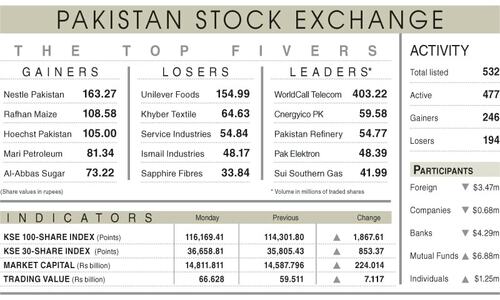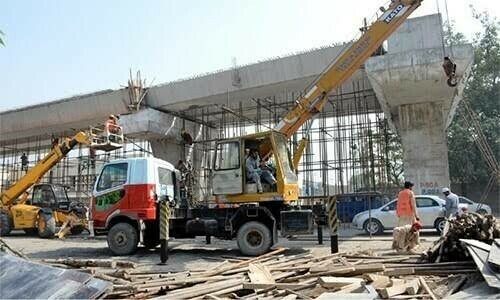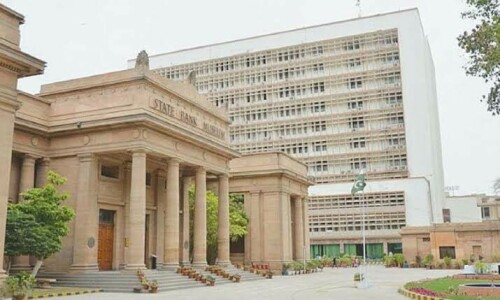 The natural course for a business under stress is to move towards consolidation to brave tougher economic times. The industry is crying hoarse listing problems that are threatening its survival.
The natural course for a business under stress is to move towards consolidation to brave tougher economic times. The industry is crying hoarse listing problems that are threatening its survival.
But the family-owned businesses are generally not inclined to consider mergers as a viable strategy to survive and grow.
No doubt acquisition and mergers have taken place in the financial sector but these have been officially induced by tax incentives and by forcing commercial banks to gradually hike their capital base. The manufacturing sector has no such compulsion.
The mergers of multinational companies, particularly the pharmaceutical firms, are the outcome of acquisitions of their parent companies.
Even before the current phase of economic downturn, textile sector, with the widest industrial base, faced tough competition in traditional export market from China, India and relatively new entrants like Bangladesh and Vietnam.
The amazing success of China in global market with its low priced goods ejecting even products of local producers off shop shelves is attributed to economies of scales.
“Perhaps, the situation for domestic business is not as bad as they make us believe; they have capacity to absorb the anticipated loss in the current situation and sail through to re-emerge in better times”, said an economist in Lahore.
A number of business leaders contacted by Dawn said that the industry is in trouble across the board. “No, we are not making it up. It is a dreadful situation. There are factories closing right, left and centre. People are so tense, they do not want to talk of business any more. I closed down my own spinning mill as it was not viable. Right now, I am focusing on my other businesses to make up for the losses incurred there”, a leading businessman in Lahore told Dawn.
The disturbances in Faisalabad a few weeks back when factory owners took to the roads to protest against power shortages, the private sector in other parts of the country supported them. In all recent private sector functions in Karachi attended by advisors, ministers and other high ranking officials, private sector leaders opened their hearts and pleaded for help from the government.
“Actually, big boys of business work on high margins. Now that their margins are coming down, they want government’s help to restore the past level of profit margin. They, however, are not prepared to restructure and consolidate”, an expert who closely monitors business trends said.
“They would rather prefer to lose the business over losing their control in the board room. Many understand the virtues of scales as they have international exposure. Privately, they admit that there is little hope for industry, if it fails to achieve scales soon but merge they would not.
For them it is not just a question of business management but family honour” he added.Many business houses are family-owned with brand name associated to their family name.
The medium and small business is stated to be more dynamic in terms for building on its own strength and not on the largesse of the government as compared to the large manufacturing units. They are more efficient because they do not thrive on patronage or bailout. Some economists say that while industries in distress may be helped but the government should be on guard against rent-seeking.
The trend to consolidate has not been picked up even by this medium and small sector that is referred to as the future industry leaders.
“They are small and insecure. The effects of slow down have not reached them with full force so far. But judging from current trend, they will also not be spared. The government needs to show them the way. It needs to guide them towards consolidation”, an expert on competitiveness stressed.
“The consolidation is a very sticky business and needs to be done carefully or it would end up in court rooms with parties litigating against each other”, said a corporate lawyer.
There is a lot of homework required to make business environment conducive for business consolidation and for achieving economies of scale.











































Dear visitor, the comments section is undergoing an overhaul and will return soon.